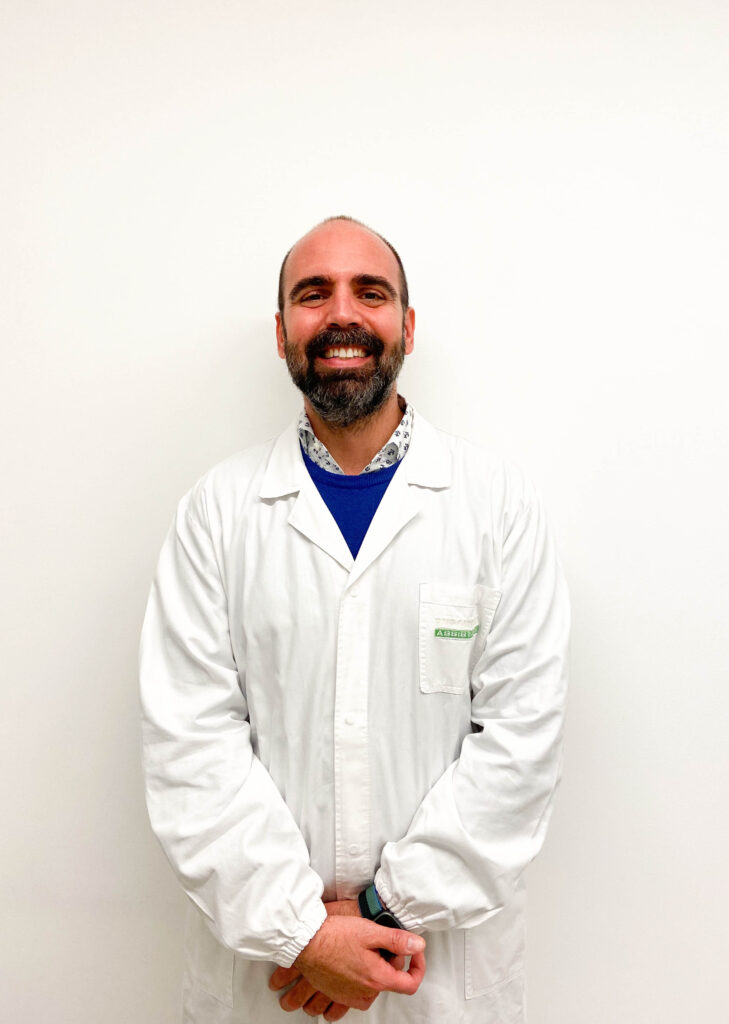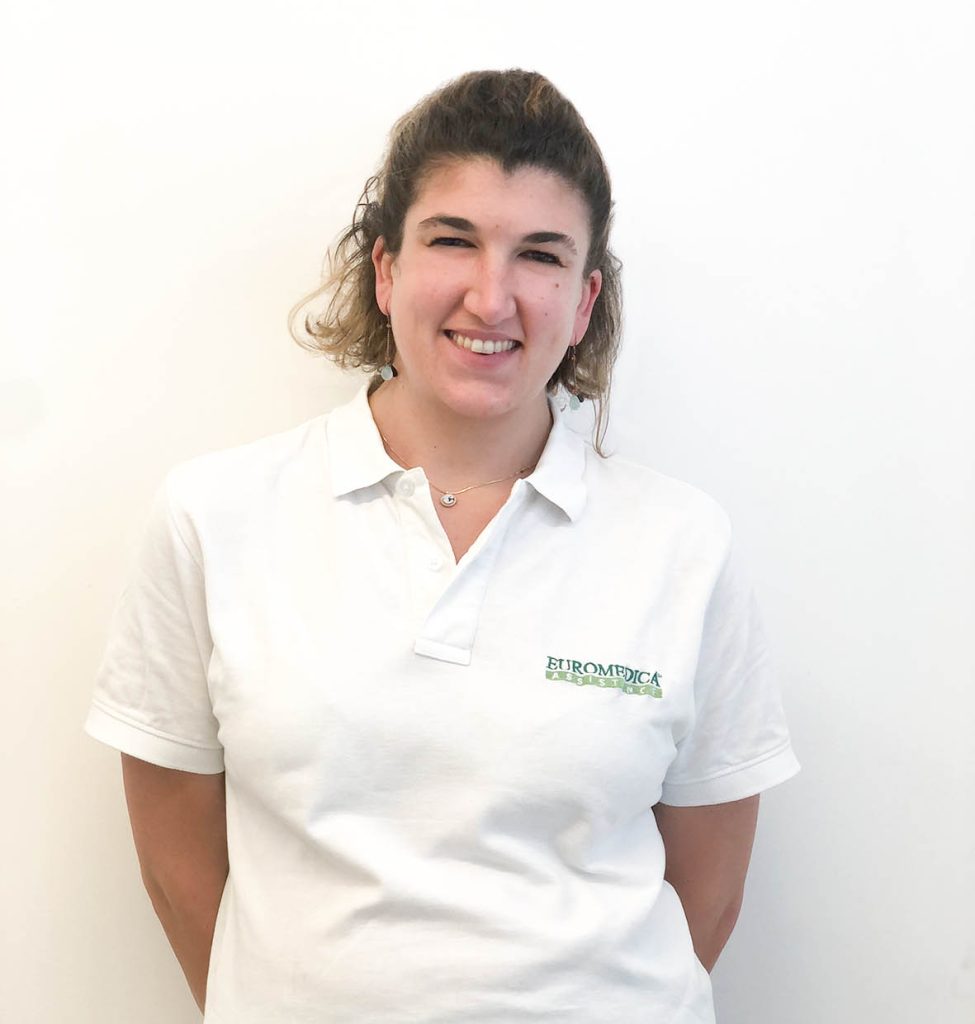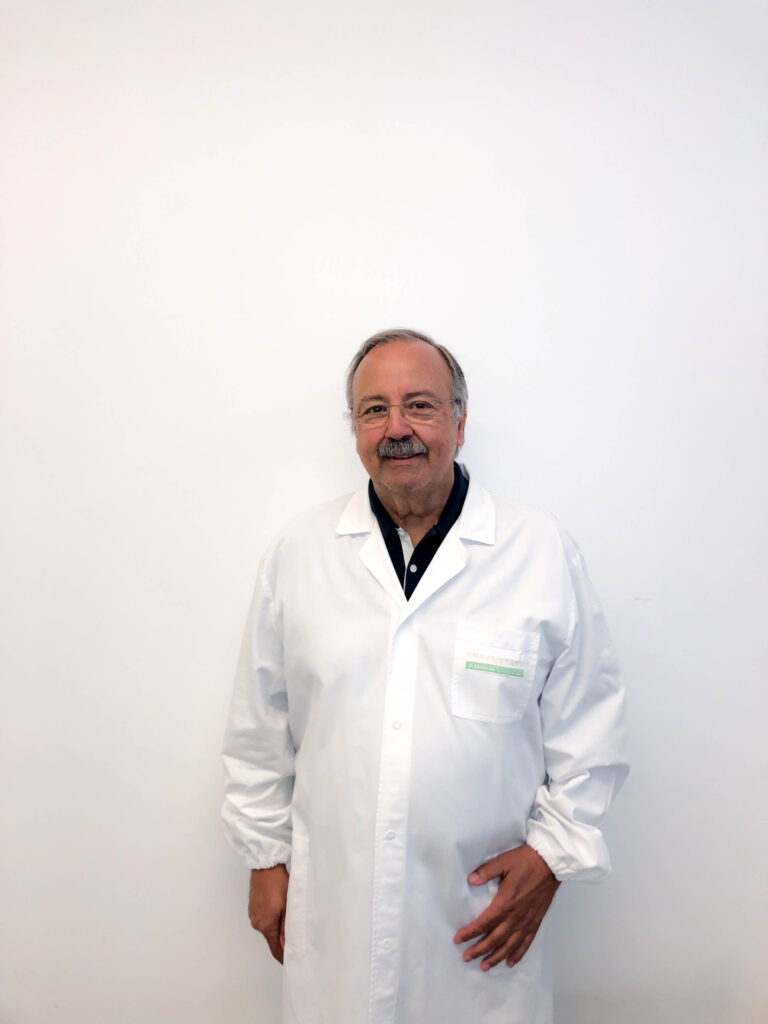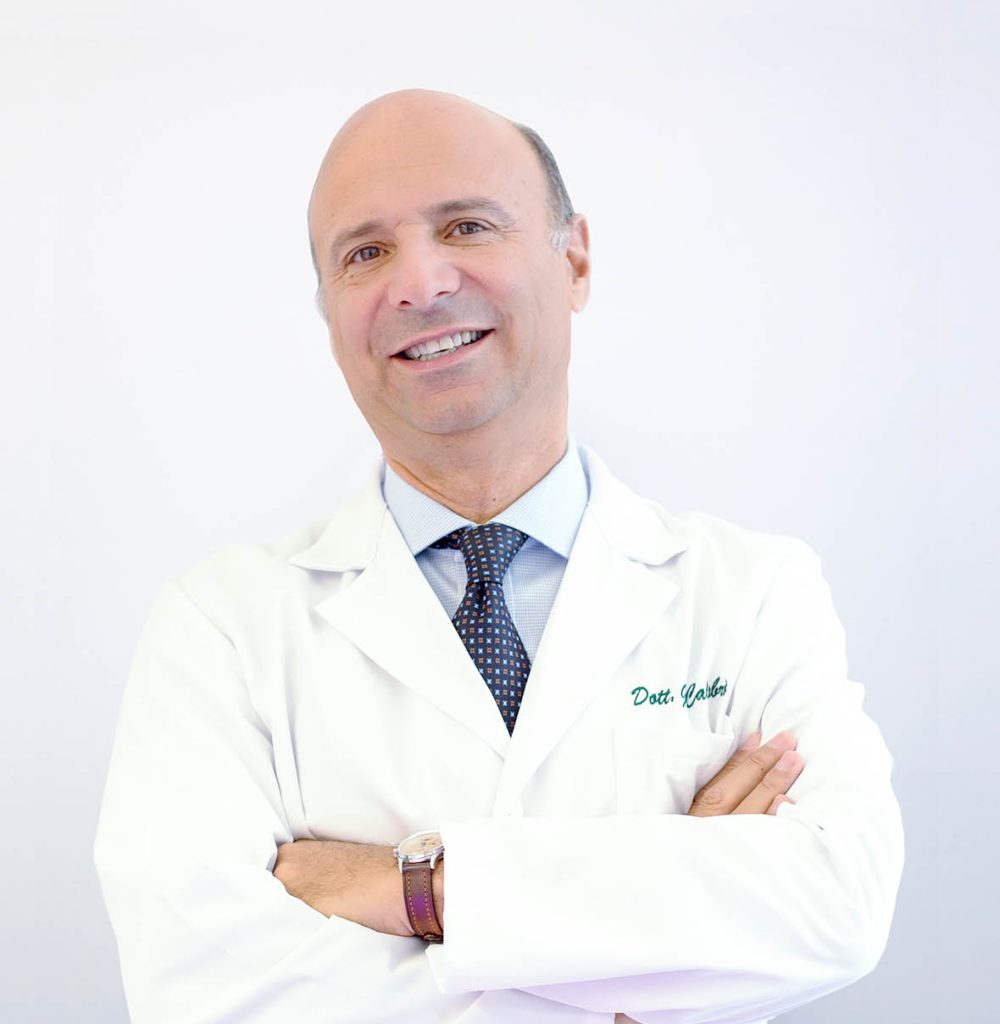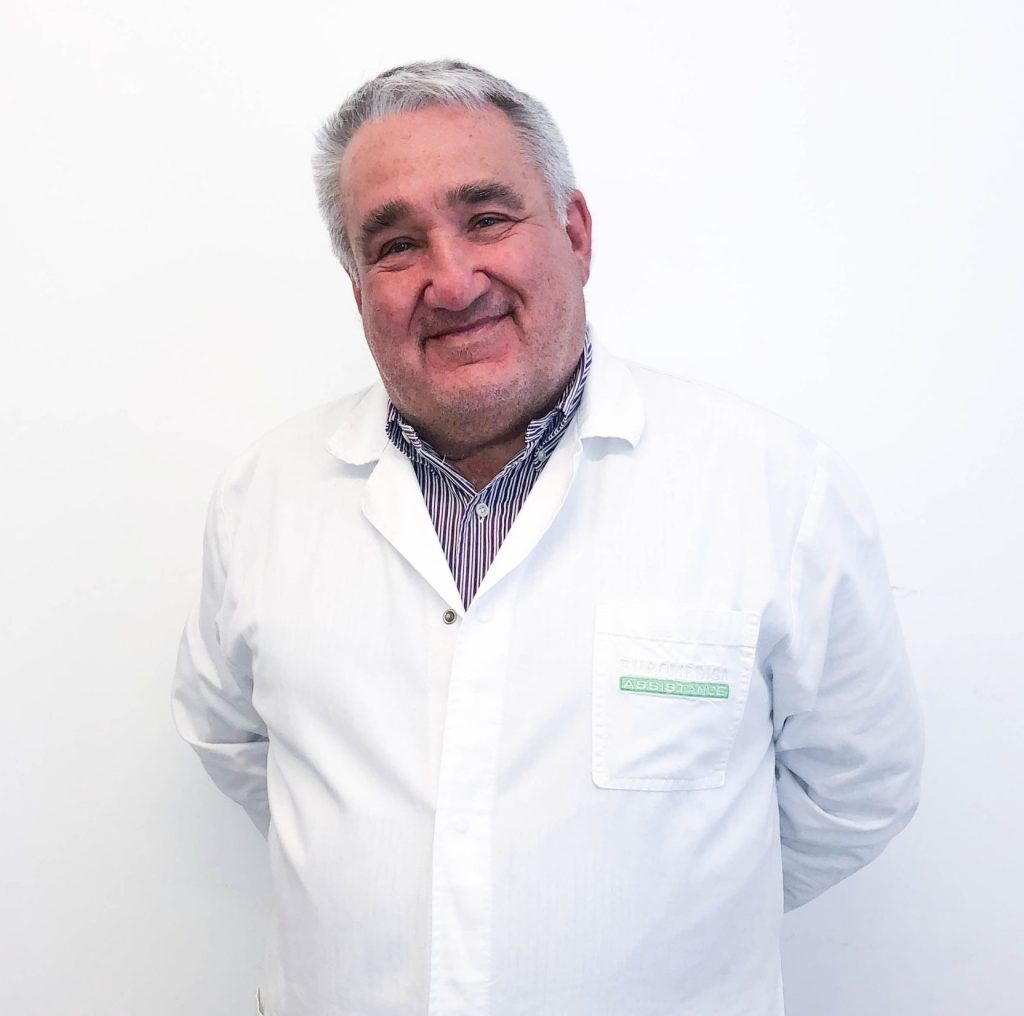The study of pathologies and physiology of the head-neck district (ear-balance and hearing, nose-sleep apnea and breathing, throat-swallowing and voice), are the object of analysis of a specific branch of Medicine: Otolaryngology.
An otolaryngologist visit is therefore recommended for problems with otitis, deafness, dizziness, snoring, dysphonia, hearing loss (hearing problem), sleep apnea, rhinosinus polyposis, dysphagia (difficulty swallowing), acute and chronic rhinosinusitis, pharyngitis, and tonsillitis .
The otovestibular or vestibular examination is a noninvasive examination performed by the otolaryngologist at the time of the examination and allows the physician to diagnose any problems related to the balance organ.
The otovestibular examination might cause dizziness and nausea in the patient, and that is why it is highly recommended to be fasting for at least 4 hours and go to perform the examination accompanied. In this regard, taking any medications for dizziness, if any, could distort the result of the tests, and it is therefore necessary to stop taking these medications in the 48 hours before the examination.
The otovestibular examination could be conclusive in itself if paroxysmal positional vertigo is diagnosed. In fact, the otolaryngologist can perform liberating maneuvers that allow the repositioning of the “pebbles” inside the ear that act as motion sensors and thus resolve the patient’s discomfort.
If, on the other hand, the otolaryngologist’s diagnosis differs from what was previously stated, the physician may request further investigations in order to investigate the origin of the vertigo.

